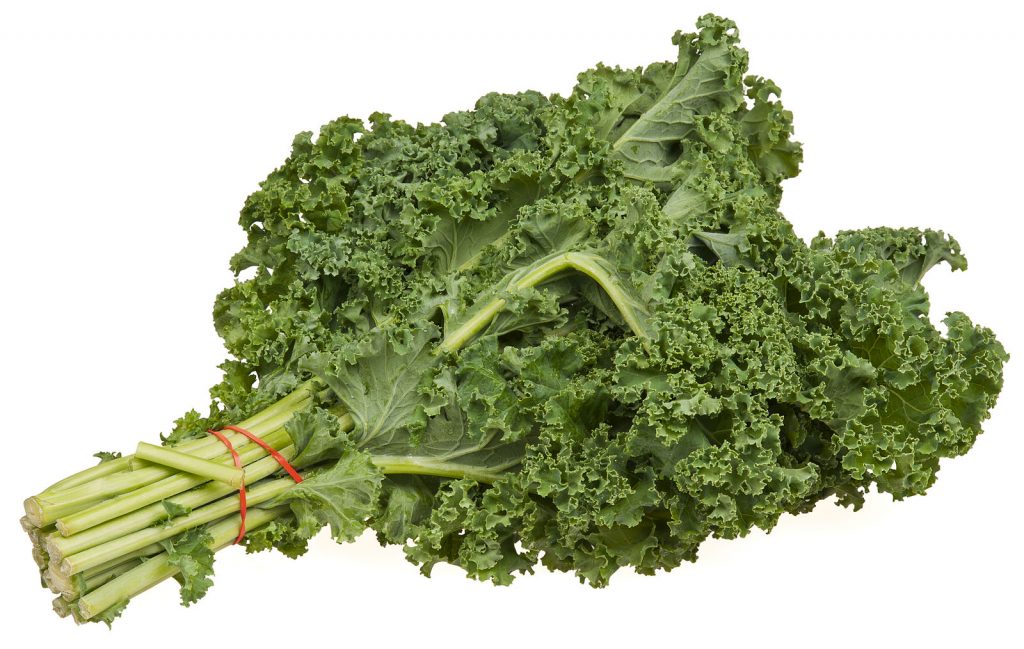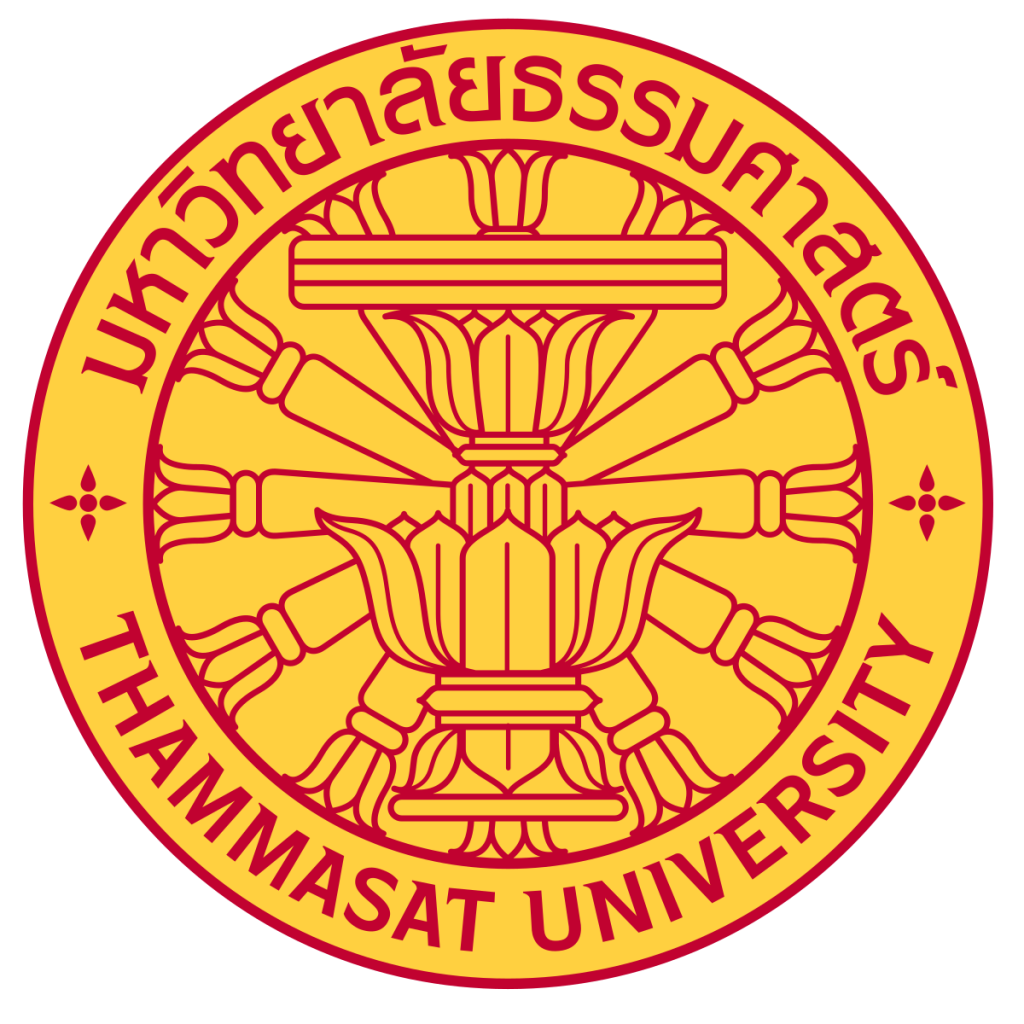
A university in Japan has suspended a fishery science professor for a month after its investigation found fabrication in a retracted paper on fish freezing.
According to the investigatory report, Iwate University scrutinized a retracted paper coauthored by six researchers at the school, including Chunhong Yuan, a professor of fishery systems science. Following the researchers’ inability to provide the investigating committee with appropriate records of the reported experiment, the inquiry found Yuan and two unnamed coauthors – a graduate student and an individual now retired – fabricated claims about the experimental conditions.
Yuan has been suspended for one month starting December 25, according to a press release. The university plans to administer additional training on research integrity for laboratory leaders, according to the report.
Continue reading Professor suspended after Japanese university finds fishy results in sushi paper







